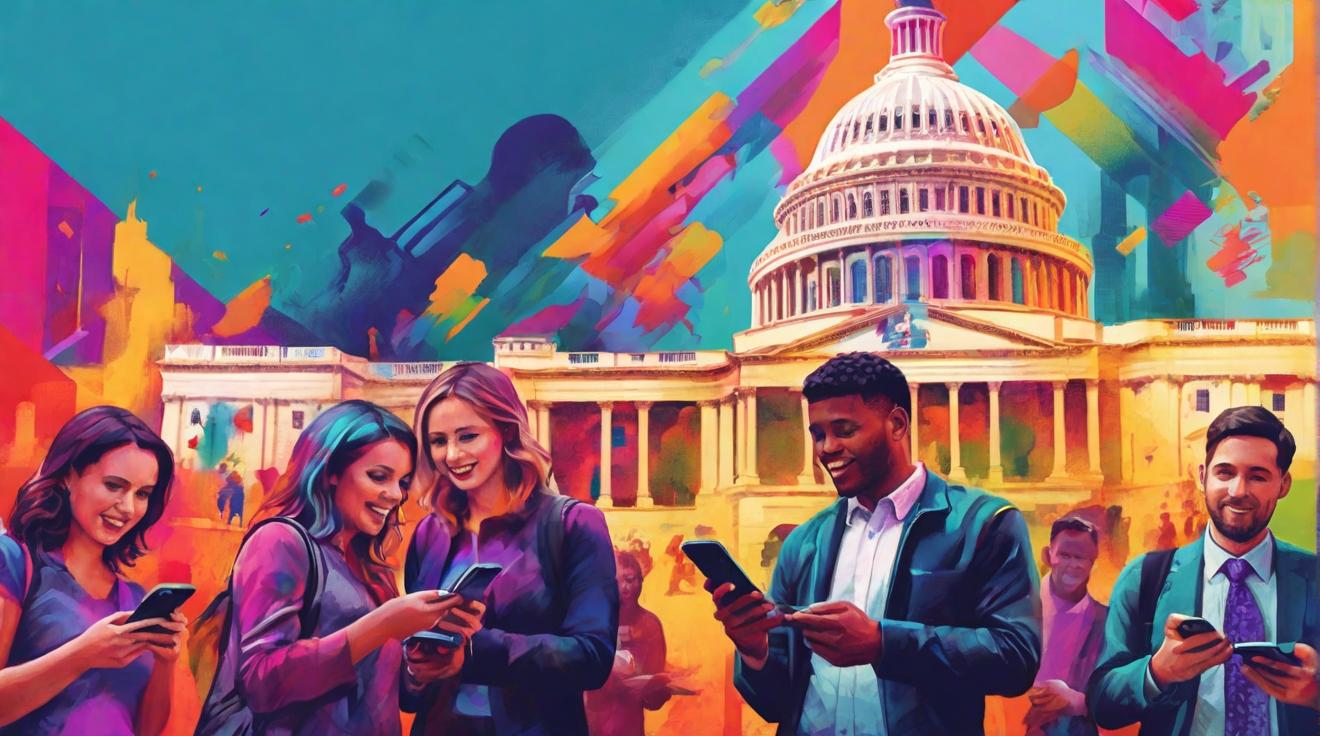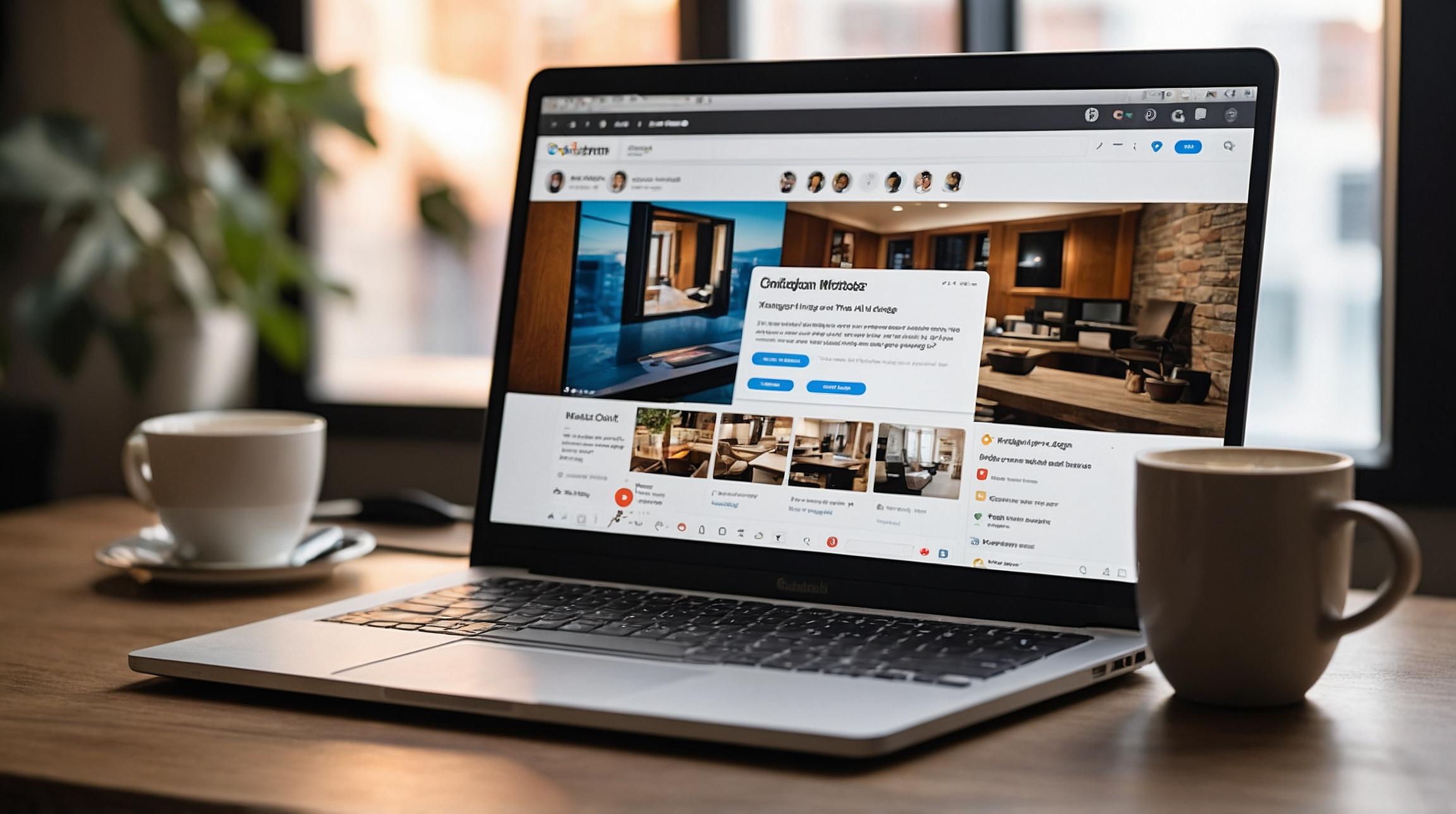Corporate Lobbying Reinvented: The Power of Public Influence
In today's fast-evolving political landscape, the most effective corporate lobbying strategies have seen a seismic shift. Gone are the days when lobbyists' primary focus was on courting members of Congress through traditional means. Instead, a much more sophisticated tactic has taken precedence, involving the public as an unwitting ally in the lobbyists' quests to sway lawmakers. This method combines the expertise of PR professionals, social media experts, political pollsters, data analysts, and grassroots organizers to spark seemingly spontaneous public outcries.
By 2011, an eclectic mix of lobbyists from the corporate sphere unleashed a staggering near $100 million campaign to secure the passage of pivotal internet legislation. They managed to get the vast majority of U.S. Senators on board, with an overwhelming 99 out of 100 showing readiness to support the controversial bill. However, when faced with formidable and well-resourced adversaries such as Google, traditional lobbying methods showed their limitations.
Google's innovative approach was to mobilize its vast user base. Under the rallying cry "Don't Kill the Internet," they orchestrated a historical phenomenon on January 18, 2012. On this day, countless websites either went dark or showcased messages highlighting the adverse implications of the proposed law. Google, leading the charge, added a black censorship bar over its logo and provided tools for users to reach out to their representatives. The campaign's impact was monumental, with over 115,000 websites participating and effectively killing the bill within two days.
This marked a turning point, as consumer-driven campaigns became a mainstay in Washington's lobbying playbook. The success of the 2012 campaign demonstrated the unprecedented potential of online mobilization and inspired similar efforts across various industries. Notable examples include Airbnb, Uber, Lyft, DoorDash, and other gig economy giants who have since harnessed their user bases to oppose regulatory challenges successfully.
However, this evolution in lobbying has not been without controversy. The Wall Street Journal highlights instances where such tactics have supported campaigns against increased taxes for the tobacco, oil and gas sectors, and even private equity investors. The use of internet-based mobilization has also faced criticism, as seen in the battle over a bill targeting TikTok. Concerns were raised about the potential for foreign governments, in this instance, China, to leverage internet users for their geopolitical gains.
Despite these debates, TikTok's lobbying efforts, which garnered support from 65 members of the House, demonstrate the confidence these strategies instill in corporate entities. This evolving landscape prompts critical questions for the public to consider: "How much do you want technology companies to turn you into their lobbyists? And what's in it for you?" As the boundaries between lobbying and public mobilization continue to blur, the answers to these questions become ever more significant.
Analyst comment
Neutral news.
As an analyst, the market can expect to see an increase in the use of consumer-driven campaigns and online mobilization as effective lobbying strategies. However, controversies and debates surrounding these tactics will continue to arise, raising questions about the role of technology companies in turning the public into their lobbyists. The market should closely monitor the evolving landscape and its potential implications.













